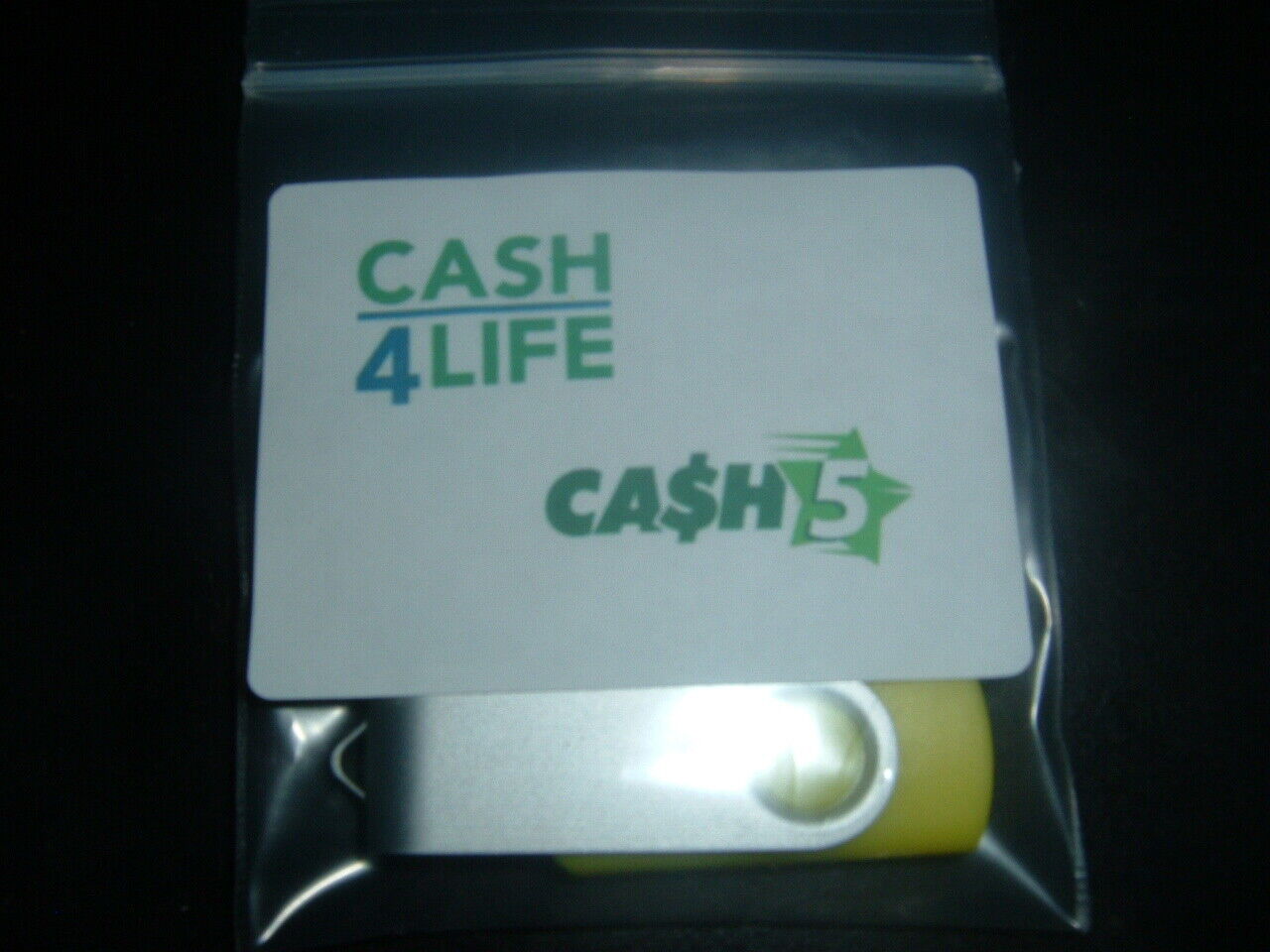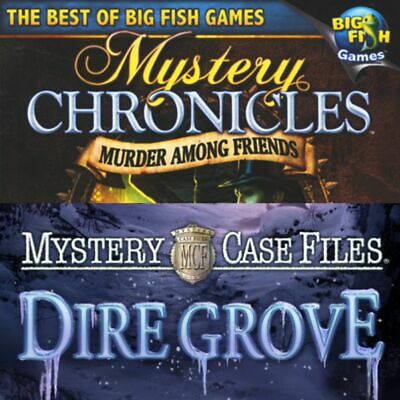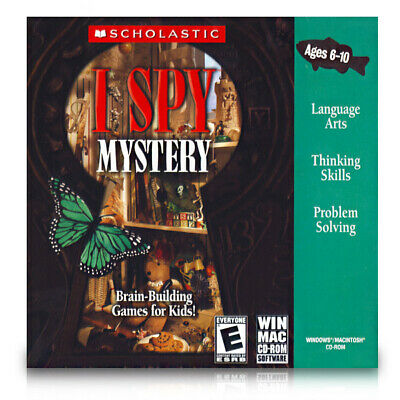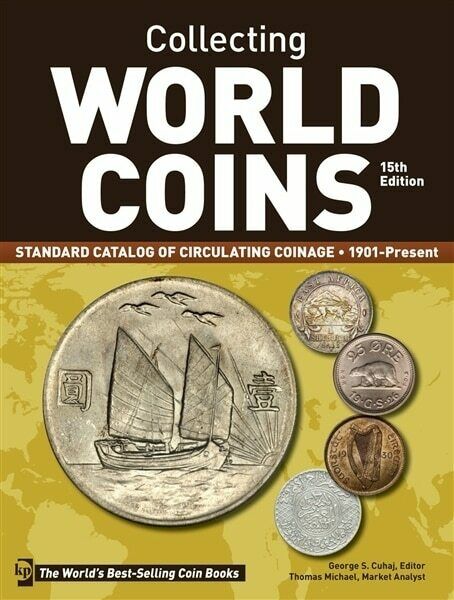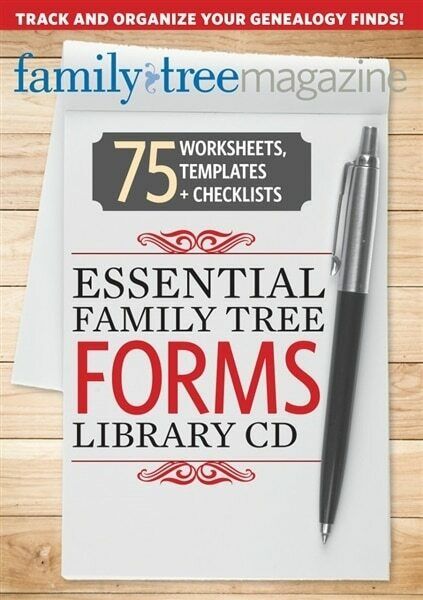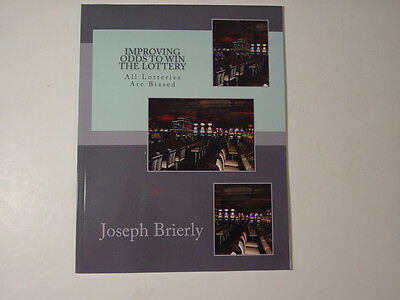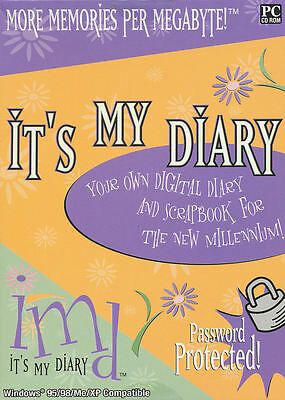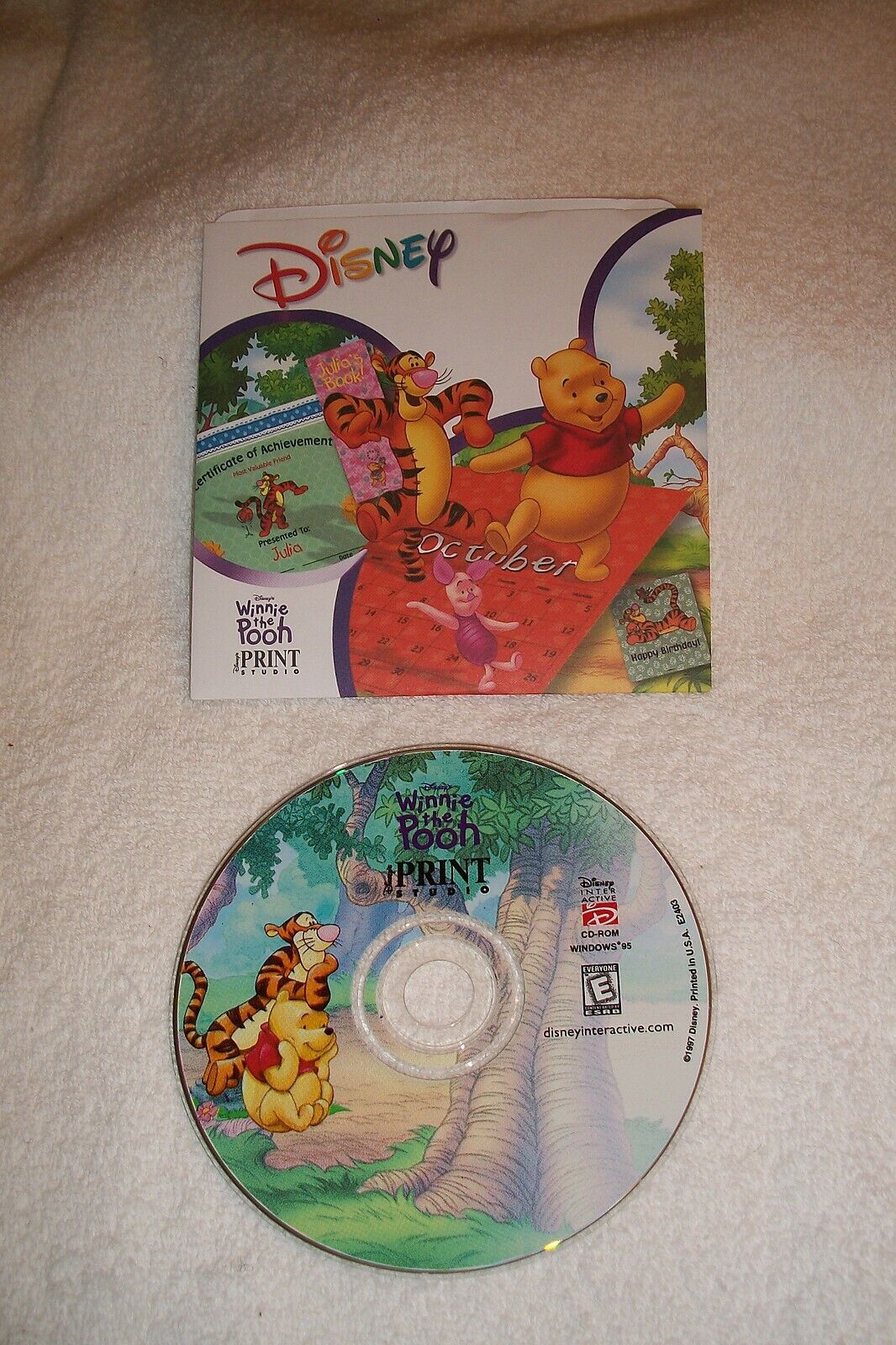-40%
Virginia Lottery Original Cash 5 And Cash 4 Life PDF Files
$ 5.28
- Description
- Size Guide
Description
Many people who play traditional Pick-5, Pick-6, or, in general, Pick-K lottery games whereeach independent drawing consists of the random selection without replacement and without
regard to order of K numbers, are unaware of the fact that certain groups of combinations offer
statistical advantages compared to other groups of the same size. For example, if you had
wanted to purchase 10 tickets for the original Virginia Cash 5 game (see my note at the end of
this ad), then it would have been to your advantage, as far as the probabilities of a 4- and a 3-
number win are concerned, to play the 10 combinations that appear below under the heading
of Group 1 instead of those that comprise Group 2; the likelihood of a 5 - number win is the
same for each group of 10 Cash 5 combinations. Consequently, you would have gotten more
"bang for your buck", so to speak, if you had spent your money on the combinations in Group
1 rather than those in Group 2
Group 1:
01 10 15 18 25
02 06 23 26 28
02 07 16 24 25
04 07 19 30 31
05 11 14 23 25
05 11 21 22 25
06 19 26 29 34
09 18 19 22 24
13 16 22 25 33
19 20 26 29 32
Group 2:
01 02 04 13 16
01 13 18 23 28
02 03 05 07 26
05 06 08 13 34
06 07 19 22 23
06 08 13 24 34
06 12 14 24 28
08 10 14 25 33
10 11 15 20 32
18 23 27 28 33
It is not readily apparent that Group 1 provides the greater advantage. Actually, there are
many groups containing exactly 10 combinations that are statistically more favorable than Group
1. Using software that I have written, I compiled groups of 5, 10, 15, 20, 25, and 30 combinations
for the original Virginia Cash 5 game that may be regarded in each case, based upon probability
criteria, as the best of 200,000 computer generations. A printout of these 5 -, 10 -, 15 -, 20 -, 25 -,
and 30-combination groups, including all possible win scenarios, probabilities, and payoffs associated
with each group, as well as additional information about the original Cash 5 game, consists of 69 pages.
pages. I also have information pertaining to the Virginia Cash 4 Life powerball game that lists groups of 5,
10, 15, 20, 25, and 30 combinations that may be considered in each case as the best of 3000 computer
generations; the Cash 4 life file is 24 pages long. Although the files contain information that is specific to
the original Virginia Cash 5 and Cash 4 Life lottery games, the mathematical approach which is described
can be applied to any similarly designed Pick-K or PowerBall game.
These files will be shipped on a thumb drive. (Includes both Cash 5 and Cash 4 Life files.)
The software that is referenced above can be purchased separately (see my other Ebay ad entitled "Computer
Software For Traditional Pick-5, Pick-6, & PowerBall Lottery Games".
Note:
The original Virginia Cash 5 game, which debuted in February of 1993, was a fixture of the
Virginia Lottery for many years. In October of 2020 the Cash 5 was altered in several ways.
One significant change was an increase in the maximum lottery number from 34 to 41, which
reduced the one-play probabilities of a 5-number, a 4-number, and a 3-number win by a divisor
of approximately 2.69, 2,17, and 1.74, respectively. The new version of the Cash 5 also includes
a 2-number win whose one-play probability is about 9.53 %; the original Cash 5 did not offer a 2-
number win. The payoffs for the new Cash 5 game, with one exception, have also been modified.
The most notable change concerns the jackpot which, instead of being fixed at 0,000 for each
winning ticket as was the case in the earlier version, now starts at 0,000 and, if there is no
winner, increases by a minimum of 00 for the next drawing. The jackpot continues to progress
in this manner until there is at least one winner. It's important to mention that the jackpot is an
estimate and that the amount set aside as payment is divided equally among multiple winners, so
that the actual jackpot awarded to each winning ticket may be less than, equal to, or greater than
0,000. A 4-number win is now worth 0 instead of 0, the cash prize for a 3-number win is
still , and the payoff for a 2-number win is .
The Virginia Lottery is correct in stating that the newer version of the Cash 5 game offers the
player better odds of winning a cash prize compared to the original game. The overall one-play
probability of winning a new Cash 5 prize is approximately 10.39 %, whereas the overall one-play
probability of winning a Cash 5 prize based upon the original version of the game is about 1.51 %.
Keep in mind, however, that the original Cash 5 did not include a 2-number win. If it had done so,
then the overall one-play probability of winning a prize would have been about 14.64 %.
One thing to remember is that whenever a state agency alters a lottery game, the primary reason
for doing so is to increase revenue, consequently the revision is almost always less favorable to the
player than the original version. Don't confuse the favorability of a game with its fairness. For practical,
if not ethical, reasons, all state-sponsored lottery games are fair (in other words, the drawings are
independent and there is no bias associated with the selection of the winning lottery numbers). These
games are generally unfavorable to the player, however. In addition to choosing a sufficiently large
maximum lottery number, by manipulating the payoffs and the ticket prices, the state lotteries ensure
that the expected value of a game to the player, which is the expected one-play payoff minus the cost
of a ticket, is negative. For example, the expected value of the original Cash 5 game to the player was
approximately - $ 0.52, indicating that, on average, the Virginia Lottery made a profit of about $ 0.52
for each ticket sold. If a 2-number win had been added to the original Cash 5, then the expected value
of the game to the player would have been approximately - $ 0.38. Because of the variable nature of
the new Cash 5 jackpot, it is impossible to ascertain exactly the overall expected value of this game to
the player. Nevertheless, an approximation for this value can be obtained in the following way. Select
a random sample of the actual winning jackpots (for a particular drawing, the actual jackpot is the
amount paid to each winning ticket). If J denotes the arithmetic mean, or average, of these sample
jackpots, then an estimate of the expected value of the new Cash 5 game to the player is
$ (J - 610498) / 749398 (this mathematical expression is specific to the new Cash 5). For example, if
J = $ 75,000, $ 125,000, or $ 225,000, then the expected value of the new Cash 5 game to the player
would be about - $ 0.71, - $ 0.65, and - $ 0.51, respectively. An algebraically equivalent approach is to
take each sample jackpot, call it J again (in this case, J is an individual sample, not the average of the
samples), evaluate $ (J - 610498) / 749398, and then calculate the arithmetic mean of these values.
There is another part to the new Virginia Cash 5 game called EZ Match that, for an extra dollar per
play, offers you a chance to win instant cash prizes ranging from $ 2 to $ 500. If any of your Cash 5
numbers match any of the 5 randomly generated EZ Match numbers, you win the cash prize shown
next to that number. The original Cash 5 game did not have a feature comparable to EZ Match.

